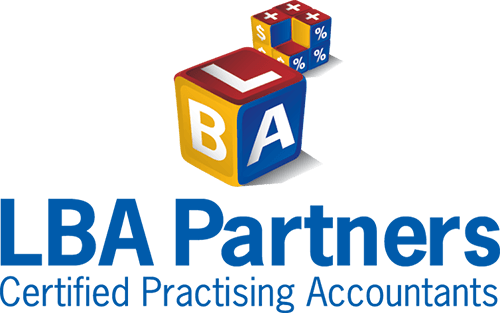Holiday homes not genuinely available for rent
As the traditional holiday period approaches, many individuals may be heading to their holiday properties to celebrate with family or friends or letting their loved ones make use of the properties. Owners of holiday properties that claim deductions for property costs should be careful to ensure that their holiday property is genuinely available for rent, otherwise deduction for expenses may be denied. According to the ATO, factors that may indicate a property is not genuinely available for rent include: the way that it is advertised which may limit exposure to potential tenants (ie if it is only advertised by word of mouth, at a particular workplace, on restricted social media groups, outside of holiday periods/school holidays when the likelihood of it being rented out is very low). the location, condition, or accessibility of the property which may mean that it is unlikely that tenants will seek to rent it. unreasonable or stringent conditions placed on renting out the property (ie rent above the rate of comparable properties in the area, requiring prospective tenants to give references for short holiday stays, or conditions such as “no children” and “no pets”). Refusing to rent out the property to interested parties without adequate reasons. While some of these factors will be familiar with most owners of holiday properties such as having rent above the comparable properties in the area, other factors such as conditions of having no pets, or only having the property available outside of holiday periods may surprise. This could mean that if owners of properties near the beach in an area popular with summer holiday makers with little or no demand at other times reserve the property for their own use during the summer period, the property may be deemed to be not genuinely available for rent. In a scenario where a holiday property is deemed to be not genuinely available for rent (ie it is essentially for private use and not for earning rental income), no deductions can be claimed for the property for that period. However, records of expenses should still be kept, as property expenses such as insurance, interest on borrowing costs, repair, maintenance, and council rates can all be used to reduce any capital gain made when the property is sold. It should be noted not all private use is considered equal. In situations where a holiday property is available for rent during all holiday periods, including weekends, school holidays, Easter, and Christmas, and the owners only use the property during “off-peak” periods where they are unlikely to find tenants, the property would be considered to be genuinely available for rent. However, as the holiday home was used for private purposes during the year, the expenses must be apportioned. This apportionment applies any time an owner rents out their holiday home but also uses it for private purposes, including when the property is reserved for own use, or the use of family and friends. It also applies in instances where there is a short-term accommodation restriction by the State or Local government. In addition, where the holiday is rented out to family or friends at below market rates, the deductions for the period are limited to the amount of rent received. Example Jerry owns a holiday home in an area that is close to beaches and bushwalking tracks. The area is popular with beach goers in summer and hikers in winter. The local government has imposed a short stay restriction to combat the shortage of housing in the area, consequently, Jerry can only let out his holiday home for less than 180 days a year. To keep within this limit, Jerry only lets out the property for 169 days per year from 1 December to 28 February (90 days) then again from 14 June to 31 August (79 days). During the time the property isn’t advertised or rented out, Jerry uses the property himself or allows his family and friends to use it. For the 196 days the property isn’t rented or genuinely available for rent, Jerry cannot claim a deduction for expenses incurred during this period. Jerry makes $18,500 from renting out the holiday home over the 169 days and incur expenses of $35,000 over the entire year including $2,000 of agent and advertising fees. The property was also rented out for 2 weeks during the year at minimal rate of $100 per week to friends. Jerry can calculate his deduction for the property as follows: [(169 days/365 days)x$33,000] + $2,000 = $17,279.45 In addition, Jerry can only claim deductions for the 2 weeks that he rented out the property to his friends equal to the amount of rent during that period (ie $200). This is because the rent is less than the market rate and the expenses are more than the rent received during the period. Jerry’s rental income is therefore: $18,500 – ($17,279.45 + $200) = $1,020.55 As the area of holiday homes becomes more complicated with restrictions to short stays and interpretations of when a residence is genuinely available for rent, it is prudent to consult a registered tax professional when questions arise to avoid tax pain down the line.



